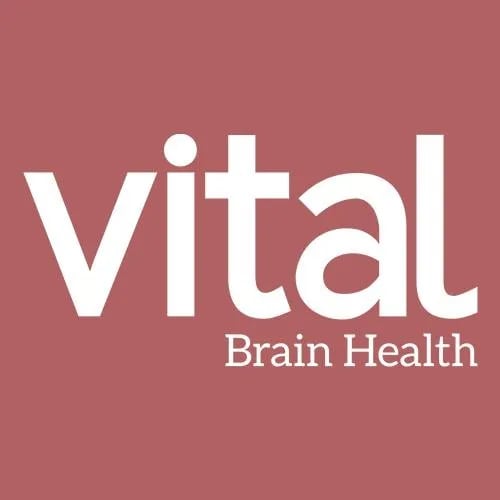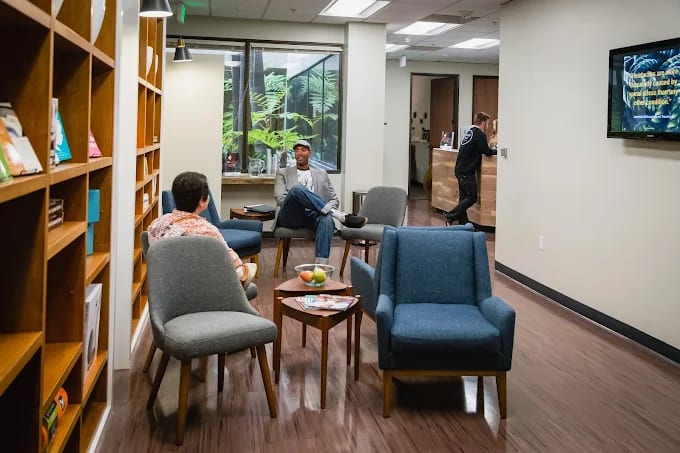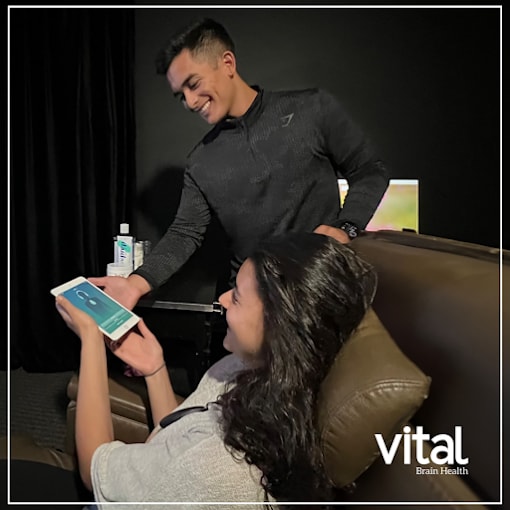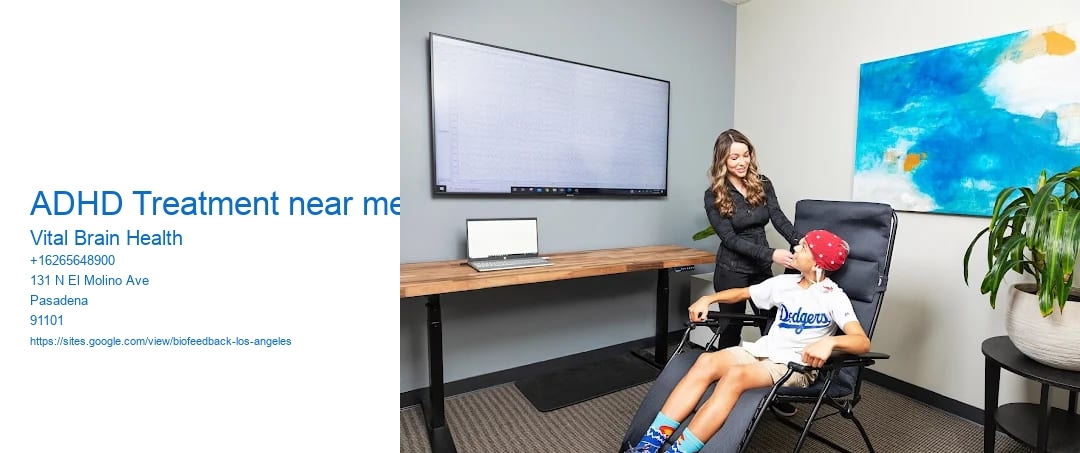Alternative Therapies for ADHD
Attention Deficit Hyperactivity Disorder (ADHD) is a condition that affects millions of people worldwide, characterized by symptoms such as inattentiveness, hyperactivity, and impulsiveness. Neurofeedback near me . As awareness around ADHD grows, so does the exploration of various treatment options, including alternative therapies. For those seeking ADHD treatment near them, understanding these alternatives can be a valuable addition to traditional approaches like medication and behavioral therapy.
Alternative therapies for ADHD encompass a broad spectrum of non-traditional treatment options that can complement or, in some cases, substitute conventional methods. These therapies often focus on holistic approaches, aiming to treat the individual as a whole, rather than just addressing symptoms. One popular alternative therapy is nutritional intervention. Research suggests that certain dietary changes can have a positive impact on ADHD symptoms. For instance, reducing sugar intake, incorporating omega-3 fatty acids, and eliminating potential allergens like gluten and artificial additives may help improve focus and reduce hyperactivity in some individuals.
Another promising avenue is mindfulness and meditation. These practices encourage individuals to develop greater awareness and control over their thoughts and emotions, which can be particularly beneficial for those with ADHD who struggle with impulsivity and attention regulation. Regular practice of mindfulness techniques has been shown to enhance concentration, reduce stress, and improve overall emotional well-being.
Exercise is another alternative therapy gaining traction for its benefits in managing ADHD symptoms. Engaging in regular physical activity is known to release endorphins, which can elevate mood and improve concentration. Activities such as yoga, tai chi, or even simple aerobic exercises can provide a structured outlet for energy and help improve attention span.
Biofeedback and neurofeedback are also emerging as innovative alternative therapies. These techniques involve monitoring physiological functions and training individuals to gain control over certain body processes, such as brainwave patterns. By providing real-time feedback, these therapies can help individuals with ADHD learn to self-regulate their behaviors and improve focus.
Herbal supplements and essential oils are additional alternative treatments that some individuals explore. While the efficacy of these remedies varies and scientific backing is limited, some people report positive outcomes. For example, supplements like zinc, magnesium, and ginkgo biloba have been associated with improved cognitive function and reduced hyperactivity in small studies.

It is important to note that while alternative therapies can offer benefits, they should not be seen as replacements for conventional treatments without proper consultation with healthcare professionals. Individuals seeking ADHD treatment near them should consider discussing these options with a qualified healthcare provider to ensure a comprehensive and personalized approach to managing their symptoms.
Ultimately, the exploration of alternative therapies for ADHD represents a shift towards more personalized and holistic treatment strategies. By considering both traditional and alternative options, individuals can create a balanced and tailored plan that addresses their unique needs and enhances their quality of life.
Accessing Local ADHD Support Groups
Accessing local ADHD support groups can be an invaluable resource for individuals and families navigating the challenges of ADHD. These groups provide a sense of community and understanding that is often difficult to find elsewhere. When searching for ADHD treatment options near you, local support groups can complement professional medical care and offer a space for shared experiences and practical advice.
ADHD, or Attention-Deficit/Hyperactivity Disorder, affects millions of individuals worldwide, manifesting in symptoms such as inattentiveness, hyperactivity, and impulsiveness. While medical treatments and therapies play a crucial role in managing these symptoms, the emotional and social challenges of ADHD often require additional support. This is where local ADHD support groups come into play, providing a network of empathy and shared experiences that can be incredibly beneficial.

Joining a local ADHD support group allows individuals to connect with others who understand the unique challenges they face. These groups often consist of people at various stages of managing ADHD, from those newly diagnosed to individuals who have been living with the condition for years. This diversity creates a rich environment for learning and support, as members share their personal strategies for coping with ADHD symptoms, managing relationships, and balancing everyday responsibilities.
Moreover, local ADHD support groups frequently invite experts to speak on various topics related to ADHD, such as the latest treatment options, behavioral strategies, and educational accommodations. These sessions can provide valuable insights and update members on new developments in ADHD research and treatment, which can be particularly beneficial for those seeking information on ADHD treatment options near them.
Support groups also offer a non-judgmental space for individuals to express their frustrations and achievements. This can be incredibly cathartic, as members often feel understood and validated by others who have walked similar paths. The camaraderie built within these groups can lead to lasting friendships and a strong support network that extends beyond the meetings.
For parents of children with ADHD, support groups can be especially helpful. They offer a platform to discuss parenting challenges, share resources, and gain advice from others who understand the complexities of raising a child with ADHD. Parents can learn effective strategies for advocating for their child's needs within schools and other institutions, ensuring their child receives the necessary accommodations and support.
To find local ADHD support groups, individuals can start by asking their healthcare providers or mental health professionals for recommendations. Additionally, online directories and community centers often list local groups and meet-up times. Many groups have adapted to include virtual meetings, making them more accessible to those who may not be able to attend in person.

In conclusion, accessing local ADHD support groups is a valuable step for individuals seeking comprehensive ADHD treatment. These groups provide emotional support, practical advice, and a sense of belonging that is essential for managing the complexities of ADHD. Whether you are an adult with ADHD or a parent of a child with the condition, these support groups can offer the guidance and community needed to navigate your ADHD journey with confidence and resilience.
Evaluating the Effectiveness of ADHD Treatments
Evaluating the effectiveness of ADHD treatments is a critical aspect for anyone seeking solutions to manage Attention Deficit Hyperactivity Disorder, particularly when searching for "ADHD treatment near me." ADHD is a common neurodevelopmental disorder that affects both children and adults, characterized by symptoms such as inattentiveness, hyperactivity, and impulsiveness. Given its complexity, finding the right treatment can be a challenging yet crucial journey.
When considering ADHD treatments, it is important to recognize that effectiveness can vary greatly from one individual to another. Treatments typically fall into two main categories: pharmacological and non-pharmacological. Pharmacological treatments primarily involve medication, such as stimulants like methylphenidate and amphetamines, which are often the first line of treatment. These medications have been extensively studied and have shown significant efficacy in reducing core ADHD symptoms. However, their effectiveness can depend on factors such as dosage, the individuals response, and the presence of any co-existing conditions. For many, medication can be life-changing, but it is not without potential side effects, which makes monitoring and regular consultations with healthcare providers essential.
Non-pharmacological treatments include behavioral therapies, psychoeducation, and lifestyle modifications. Behavioral therapies, such as Cognitive Behavioral Therapy (CBT), focus on changing negative thought patterns and behaviors, equipping individuals with skills to manage their symptoms better. Psychoeducation helps patients and their families understand ADHD, which can foster a supportive environment. Lifestyle changes, including regular physical activity, a balanced diet, and adequate sleep, can also play a role in managing symptoms. These approaches can be particularly beneficial as complementary treatments or as alternatives for those who do not respond well to medication.
When searching for "ADHD treatment near me," it is crucial to consider accessibility and the availability of a comprehensive treatment plan that addresses individual needs. Los Angeles ADHD treatment center Local clinics and mental health professionals often provide a range of services, from medication management to therapy sessions. Evaluating the effectiveness of treatments often involves a trial-and-error approach, requiring patience and persistence. Collaborating closely with healthcare providers ensures that treatments are tailored to the individuals unique circumstances, maximizing the chances of success.
Ultimately, the effectiveness of ADHD treatments is determined by their ability to improve the quality of life for those affected. Success is not solely measured by symptom reduction but also by enhanced functioning in daily activities, improved relationships, and increased self-esteem. As research continues to evolve, new treatments and insights will undoubtedly emerge, offering hope for even more effective management of ADHD in the future. For anyone navigating this journey, it is important to remain informed, proactive, and open to exploring different treatment avenues to find what works best for them.
Future Trends in ADHD Management
Attention Deficit Hyperactivity Disorder (ADHD) is a prevalent neurodevelopmental disorder that affects millions of individuals worldwide. As our understanding of ADHD continues to evolve, so too does the landscape of its management. In recent years, several future trends have emerged that hold the potential to revolutionize the way ADHD is treated, making it more personalized, effective, and accessible.
One significant trend in ADHD management is the increasing emphasis on personalized medicine. Traditionally, ADHD treatment has relied heavily on a one-size-fits-all approach, primarily involving stimulant medications such as methylphenidate or amphetamines. While these medications can be effective, they do not work for everyone, and side effects can be a concern. The future of ADHD management is likely to see a shift towards more individualized treatment plans.
Los Angeles ADHD treatment center
- Mental health therapy Los Angeles CA
- Focus training Los Angeles CA
In addition to personalized medicine, digital therapeutics are poised to play a central role in the future of ADHD management. Digital therapeutics are technology-based interventions, often delivered via apps or software, designed to treat or manage medical conditions. For ADHD, digital therapeutic platforms may include cognitive training exercises, behavioral therapy programs, and tools for monitoring symptoms and medication adherence. These platforms offer the flexibility of being accessible from anywhere, providing support outside traditional clinical settings. Moreover, digital therapeutics can be tailored to individual needs, offering a personalized approach that evolves with the patient.
The integration of artificial intelligence (AI) and machine learning into ADHD management is another exciting development. AI has the potential to analyze large datasets from various sources, such as genetic information, brain imaging, and patient-reported outcomes, to identify patterns and predict treatment outcomes. This can lead to more accurate diagnoses and treatment plans. Additionally, AI-driven tools can assist healthcare providers in monitoring patient progress and adjusting treatment strategies in real-time, ensuring that interventions remain relevant and effective.
Telemedicine is also set to transform the accessibility of ADHD treatment. The COVID-19 pandemic has accelerated the adoption of telehealth services, and this trend is likely to continue. Through virtual consultations, individuals with ADHD can access specialists and receive care from the comfort of their homes, reducing geographical and logistical barriers to treatment. Telemedicine also facilitates regular follow-ups and ongoing support, which are crucial for managing a chronic condition like ADHD.
Finally, there is a growing recognition of the importance of holistic and integrative approaches in ADHD management. While medication remains a cornerstone of treatment, there is increasing interest in complementary strategies such as dietary modifications, exercise, mindfulness, and behavioral therapies. These approaches can address the multifaceted nature of ADHD, targeting not just symptoms but also overall well-being and quality of life. As research in these areas advances, evidence-based guidelines will likely emerge, supporting their integration into comprehensive treatment plans.
In conclusion, the future of ADHD management is characterized by a shift towards personalized, technology-driven, and integrative approaches. As these trends continue to develop, individuals with ADHD can look forward to more effective and accessible treatment options that cater to their unique needs. This evolving landscape promises to enhance the quality of care and improve outcomes for those living with ADHD, offering hope for a more manageable and fulfilling life.
